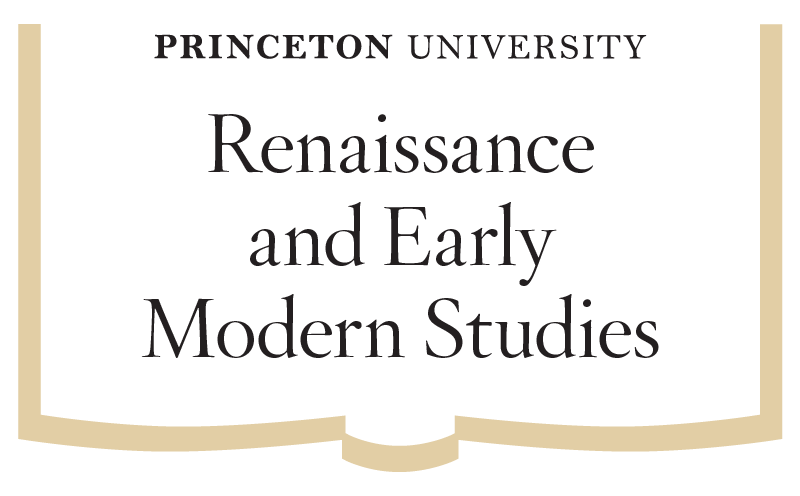In this course we read Rousseau through the lens of the polarized critical reactions his writings have elicted, in an effort to understand why he has been viewed as an exemplar of both Enlightenment and Counter-Enlightenment, as a defender of human liberty and a proto-totalitarian, as an inspiration to women writers and a misogynist. Central to our discussions are the question of how his view of nature, as expressed in the Discourse on Inequality, is linked to his tryptich of autobiographical works. Critical readings include Lévi-Strauss, Derrida, de Man, Starobinski, Foucault, Wittig, Darnton and Goodman.












